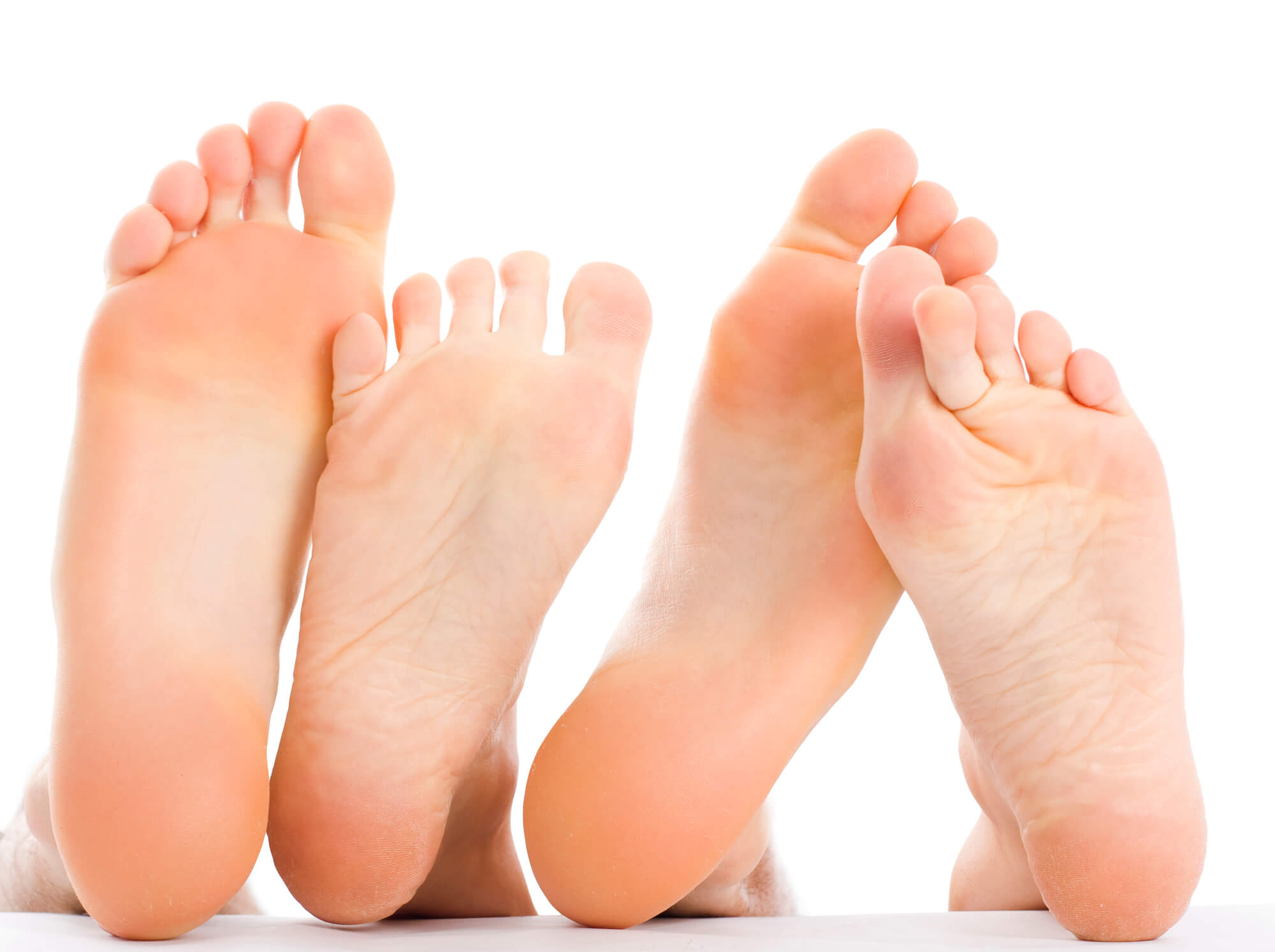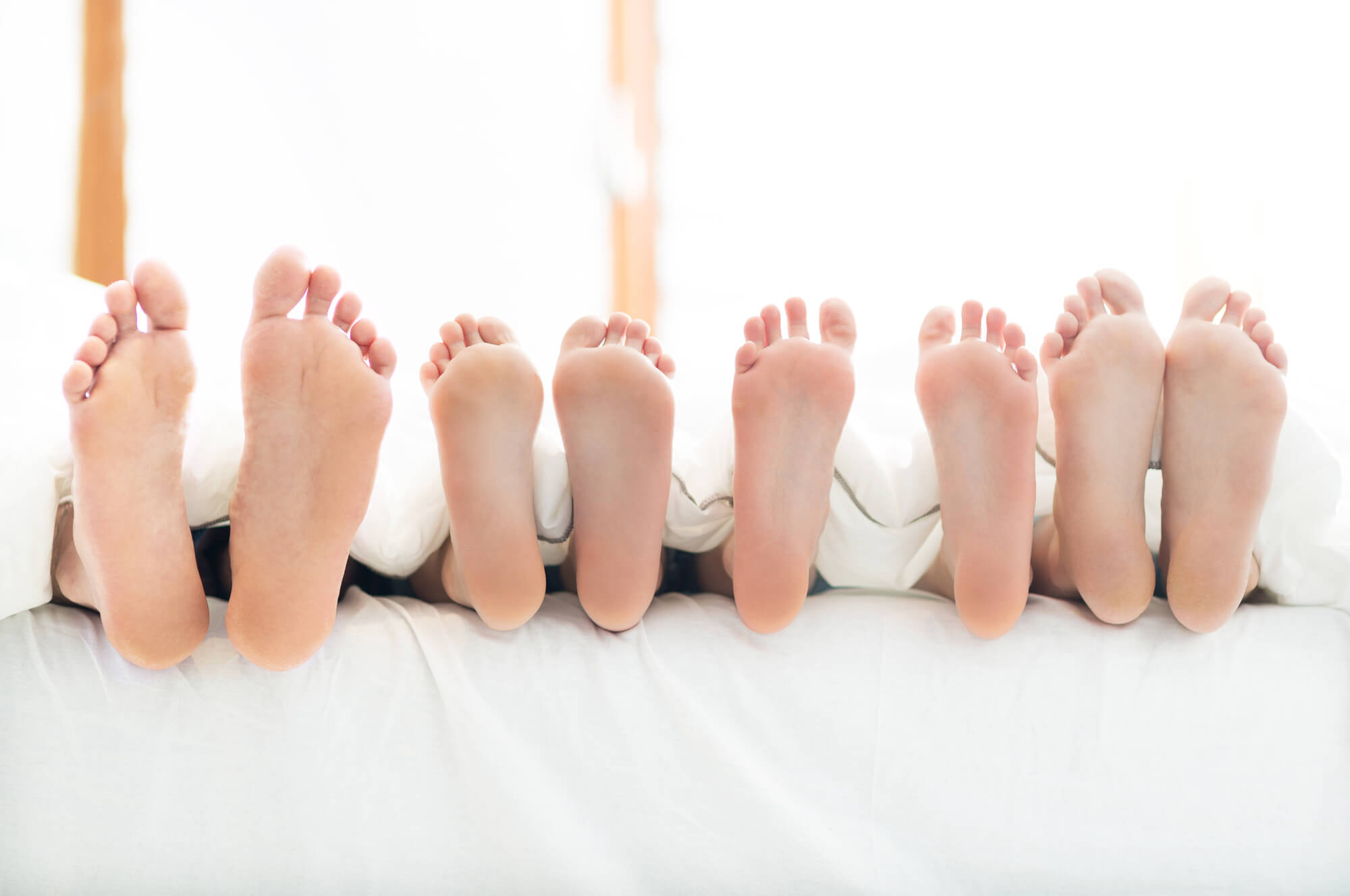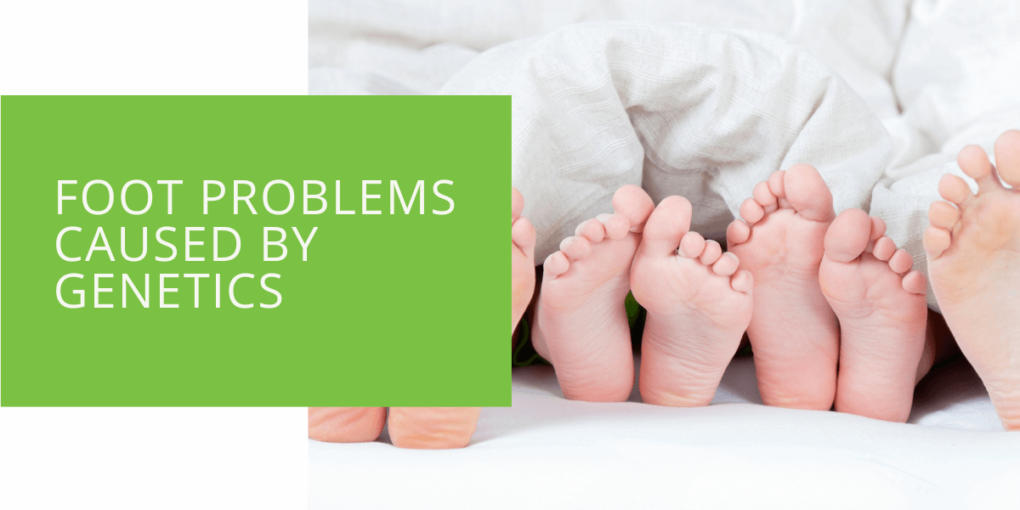Foot Problems Caused by Genetics
Foot problems can be a major source of discomfort and pain for many people, affecting their daily lives and overall quality of life. While some foot problems are caused by injury or other factors, many are caused by genetics. Hereditary factors can increase the risk of developing certain foot conditions, such as bunions, flat feet, and hammer toes. Genetics can even play a role in developing foot and ankle diseases, such as diabetes. In this article, we'll explore foot problems caused by genetics, their symptoms, and treatment options available to help alleviate the pain and discomfort they can cause. We'll also provide tips for preventing foot problems caused by genetics and discuss when it's important to see a podiatrist.
Common Foot Problems Caused by Genetics
Bunions
Bunions are a common foot condition that can be caused by genetics. Bunions occur when the big toe pushes against the second toe, causing the joint at the base of the big toe to stick out and become inflamed. This can cause pain, swelling, and discomfort.
If left untreated, bunions can become more severe and cause the foot to become misaligned. In severe cases, surgery may be necessary to realign the affected toe.
Flat Feet
Flat feet is another foot condition that can be caused by genetics. Flat feet occur when the arches of the feet collapse, causing the entire foot to come into contact with the ground. This can cause pain, discomfort, and swelling.
In some cases, flat feet may not require treatment. However, if flat feet are causing pain or discomfort, treatment options may include orthotics, physical therapy, or surgery.
Hammer Toes
Hammer toes are a foot condition caused by genetics or injury. Hammer toes occur when the toes become bent at the middle joint, causing them to curl downward. This can cause pain, discomfort, and difficulty wearing shoes.
Hammer toe treatment options may include orthotics, physical therapy, or surgery. In some cases, simply changing your footwear may be enough to alleviate the symptoms of hammer toes.
Morton's Neuroma
Morton's neuroma is a foot condition caused by genetics or injury. Morton's neuroma occurs when the tissue surrounding the nerves in the foot becomes inflamed, causing pain, tingling, and numbness.
Treatment options for Morton's neuroma may include orthotics, physical therapy, or surgery. In some cases, simply changing your footwear or modifying your activity level may be enough to alleviate the symptoms of Morton's neuroma.

Prevention and Treatment Options for Foot Problems Caused by Genetics
Orthotics
Orthotics are shoe inserts that can help provide support and cushioning for your feet. Orthotics may be a helpful treatment option if you have a foot condition caused by genetics, such as bunions or flat feet. Your podiatrist can help you choose the right type of orthotics for your needs.
Surgery
In some cases, surgery may be necessary to correct foot problems caused by genetics. Your podiatrist may recommend surgery if you have severe foot deformities or a condition that is not responding to non-surgical treatment options. Several types of foot surgery are available, and your podiatrist can help you choose the right option for your needs.
Physical Therapy
Physical therapy can be a helpful treatment option for foot problems caused by genetics. Physical therapy can help improve foot mobility and reduce pain and discomfort. Your physical therapist can design a customized treatment plan that may include exercises and stretches to help improve your foot strength and flexibility.
Lifestyle Changes
Making lifestyle changes can also help prevent foot problems caused by genetics. For example, wearing properly-fitted shoes that provide adequate support and cushioning can help prevent bunions, flat feet, and other foot conditions. If you have a family history of foot problems, it's important to be mindful of your footwear choices and avoid high heels or tight-fitting shoes.
Additionally, maintaining a healthy weight and exercising regularly can help prevent foot problems caused by genetics. Excess weight can put extra pressure on your feet and increase your risk of developing foot conditions, such as plantar fasciitis or heel spurs.

When to See a Podiatrist
If you have a family history of foot problems caused by genetics, it's important to be proactive about your foot care. Regular appointments with a podiatrist can help detect and treat foot conditions early before they become more severe.
Some signs that you may need to see a podiatrist include the following:
- Persistent foot pain or discomfort
- Swelling or inflammation in the foot or ankle
- Changes in the color or temperature of your feet
- Toe or toenail deformities
- Difficulty walking or standing for extended periods
Your podiatrist can thoroughly examine and diagnose your foot condition and recommend appropriate treatment options based on your needs.
Conclusion
While foot problems caused by genetics can be challenging to treat, early intervention can help prevent them from becoming more severe. Bunions, flat feet, hammer toes, and Morton's neuroma are all common foot conditions that can be caused or exacerbated by genetics. Treatment options range from non-invasive interventions like orthotics and physical therapy to surgical options like bunionectomy.
By making lifestyle changes and seeking early diagnosis and treatment from a qualified podiatrist, you can help maintain good foot health and mobility. If you're experiencing symptoms of a foot condition, don't hesitate to schedule an appointment with a podiatrist today.

